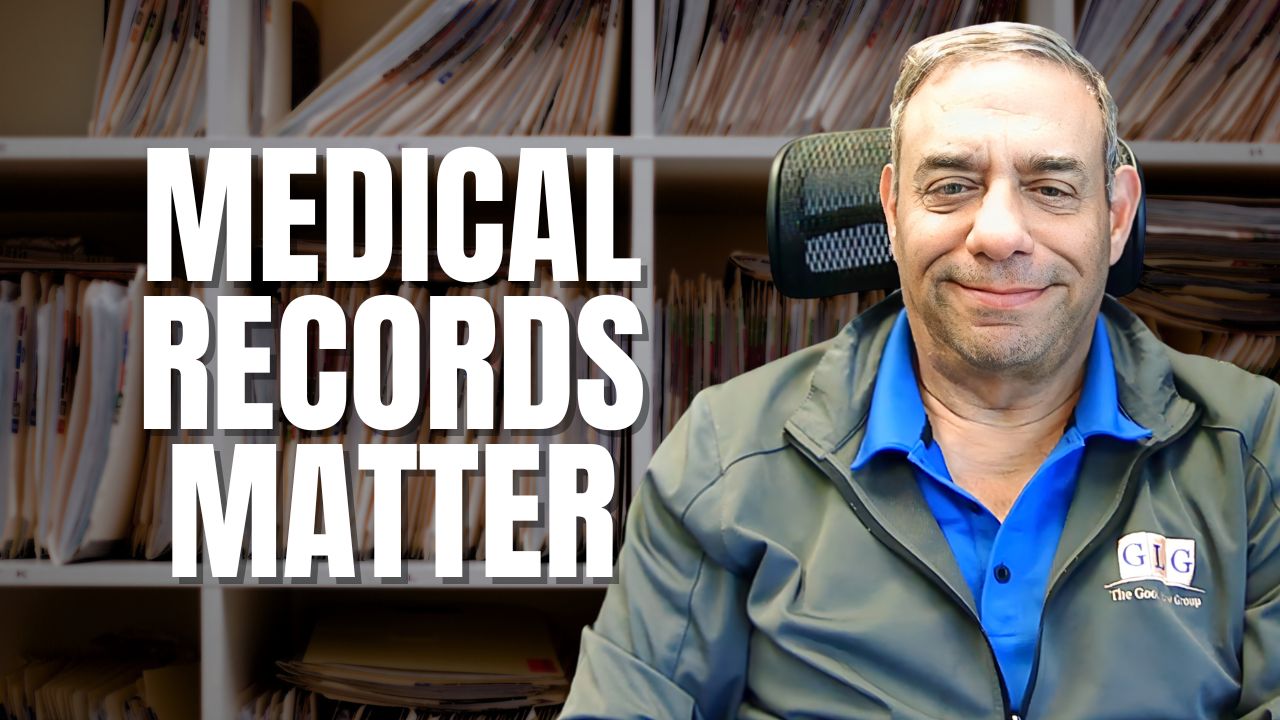Medical documentation is essential at every stage of your SSDI case and can affect how your claim is evaluated. Here’s what you need to know.
Are you applying for Social Security Disability and unsure which documents you need? One of the most critical parts of your case is your medical records. In this video, I’ll explain how those records are collected at each stage, why it matters who requests them, and what changes when your case advances to a hearing. You’ll also learn why medical record costs vary and what to expect in terms of billing after your case concludes. If you’re preparing an SSDI claim, this overview will help you take the right steps with confidence.

Medical records support your SSDI case. Here’s what to expect.
Medical records are one of the most essential elements of any Social Security Disability (SSDI) claim. They form the foundation of your case and are reviewed at every stage of the process: application, reconsideration, and hearing. Without comprehensive and well-documented medical evidence, it becomes much harder to prove eligibility for benefits.
How records are handled in the early stages. In our practice, we allow Social Security to order the medical records during the application and reconsideration stages. This approach offers two key benefits. First, Social Security pays for the records. Second, it avoids any suspicion that the records may have been altered by the claimant.
When the case reaches the hearing stage, we request the same records that Social Security obtained to ensure the judge has a complete and accurate view of the medical history.
Understanding the cost of medical records. It is also important to know that medical record fees vary depending on the state. Some states provide records at no cost, while others may charge up to $1.00 per page. Some states use a hybrid model, such as a flat fee of $6.50. For instance, Illinois typically has low fees, but if a doctor requests $50 to release records, that fee usually must be paid, especially in small offices where the staff handles copying internally.
These fees are generally reasonable but should still be expected. After your case ends, your attorney may send you a bill for the cost of these records.
If you have questions about medical records or need guidance with a Social Security Disability claim, you can contact us at (800) 419-7606 or visit thegoodlawgroup.com. We’re here to help you build a strong case backed by the right documentation.









